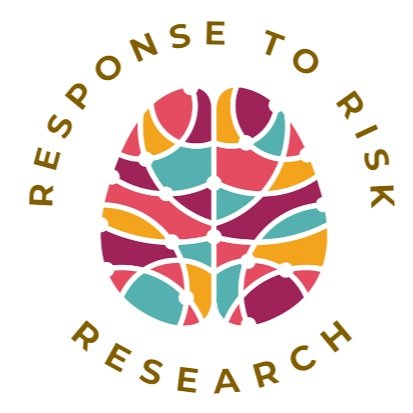Understanding Prodromes & Lowering Risk in Family Therapy (UPLIFT)
Family treatment study
UPLIFT is a family treatment program for teens and young adults who have experienced changes in their thinking, mood and daily functioning that suggest they might be at Clinical High Risk for developing psychosis. We are a network of seven university clinics conducting research on effective treatments for youth experiencing these mental health challenges.
The aim of our treatment program is to help young people:
prevent the development of more severe symptoms, and
improve their daily functioning.
How does UPLIFT work?
All of our studies begin with a comprehensive evaluation to determine eligibility. The evaluation includes assessment for risk for psychosis, some neuropsychological testing, and diagnostic evaluation. Additional information will be collected, including self-reports, and history of medication, hospitalization, and psychotherapy.
Following a determination of eligibility, the participant and their family will be randomized into one of our two tracks of therapy. Both evidence-based tracks (FFT and EC) include family sessions and last 6 months long, but they vary in format and time commitment.
Family-focused therapy (FFT), is an 18-session therapy involving you and your caregives (and siblings, if they are available). All sessions will be one hour and will take place over a 6-month period: the first 12 will be weekly for the first 3 months, the remaining 6 sessions will be biweekly for the last 3 months. Treatment will include:
psychoeducation (learning about symptoms, what causes them, how they are affected by stress, and how to keep them from getting worse),
communication enhancement training (practicing effective ways of speaking and listening to each other as a family), and
problem-solving skills training (learning to identify and solve problems in your social, school, work, or family life). Your therapist will be well-trained and skilled in conducting the sessions.
Enhanced care (EC) includes 8 sessions of family psychoeducation and individual support. The first 3 sessions are for youth and family and are held weekly. Together, you’ll learn how to cope with symptoms and strategies for preventing them from worsening. The remaining 5 sessions will be individual support sessions (youth only) on a monthly basis.
Additionally, in both tracks you will be asked to use a mobile app for the 6 months of treatment with questionnaires to complete that will help us measure your progress.
Following the 6 months of family treatment, participants will again be reevaluated (6-month), and then again at 12- and 18-months after beginning treatment.
Time commitment: The entire study lasts 18 months. Following an initial evaluation and assessment, the first 6 months are devoted to treatment. Then, at months 6, 12, and 18, you’ll be asked to complete research interviews and questionnaires.
Compensation: Participants will receive a total of approximately $300 for completing the 18-month study, paid incrementally following the completion of each 6-month evaluation.
The study is being conducted by Telehealth video sessions.
Currently scheduling: 1-2 weeks from today
Meet the UPLIFT therapist
Colette Potts is a licensed family therapist and educator with experience supporting families in school, home, and clinical contexts. Colette directs recruitment efforts for Response to Risk Research studies and trains clinicians on how to recognize and respond to signs of risk for psychosis.



